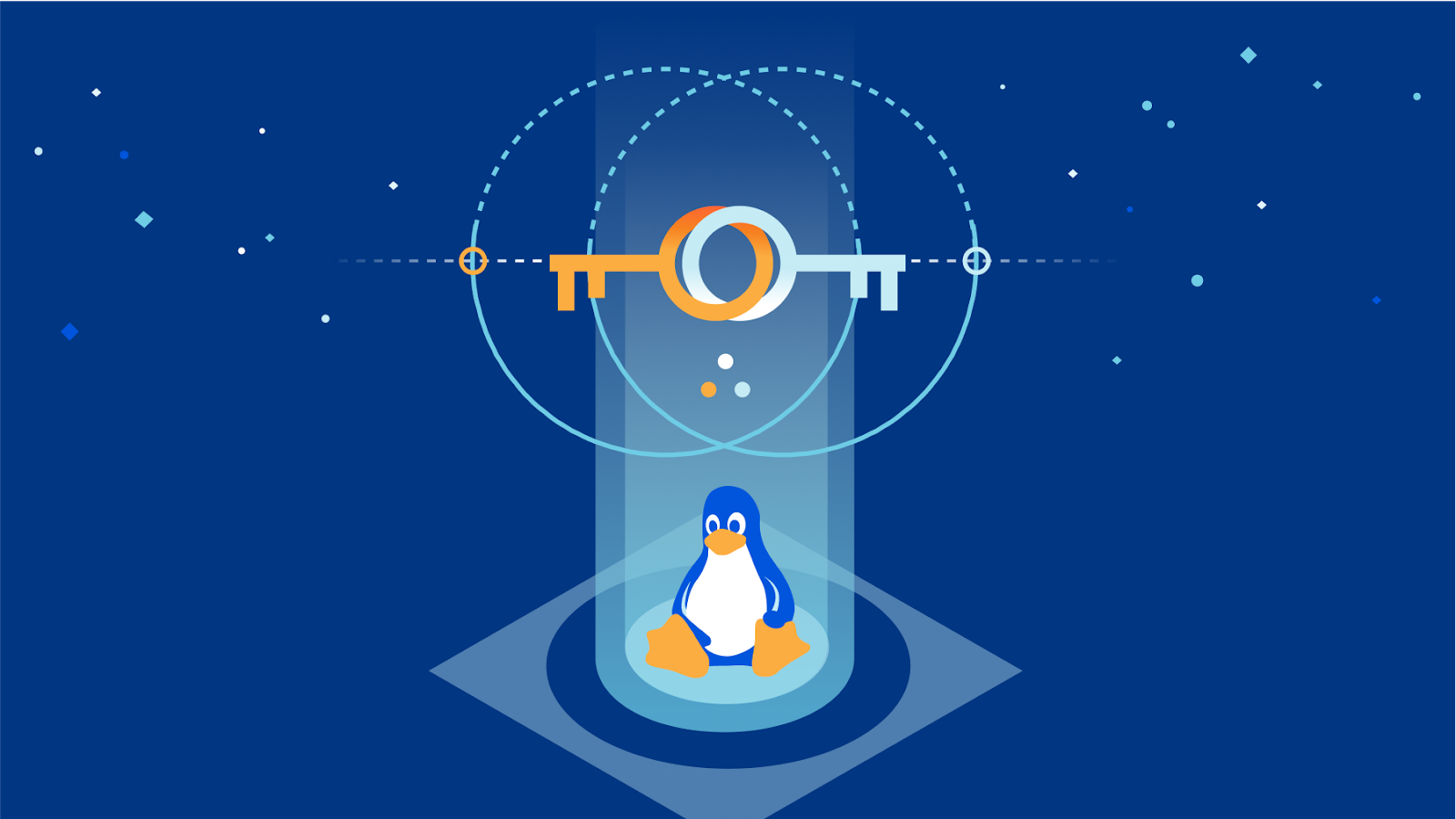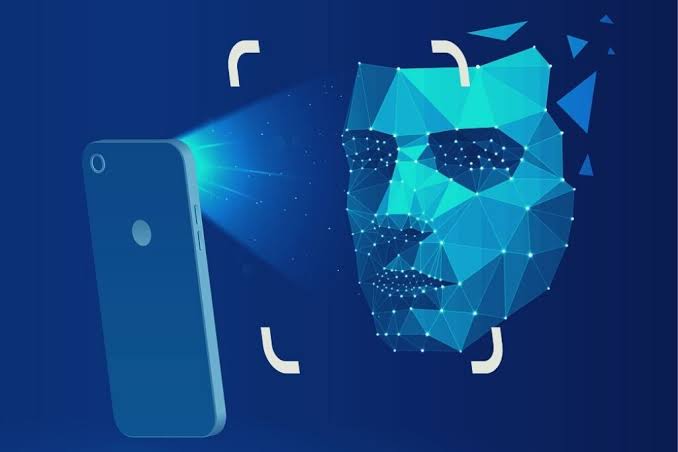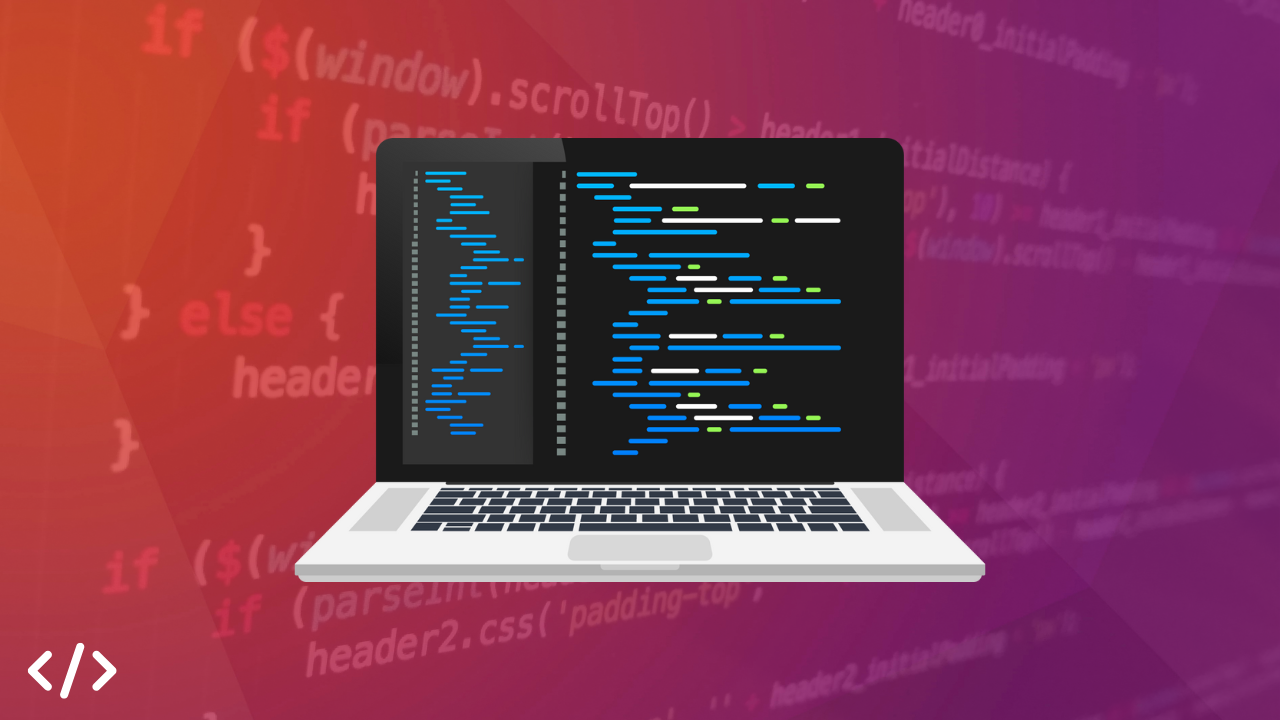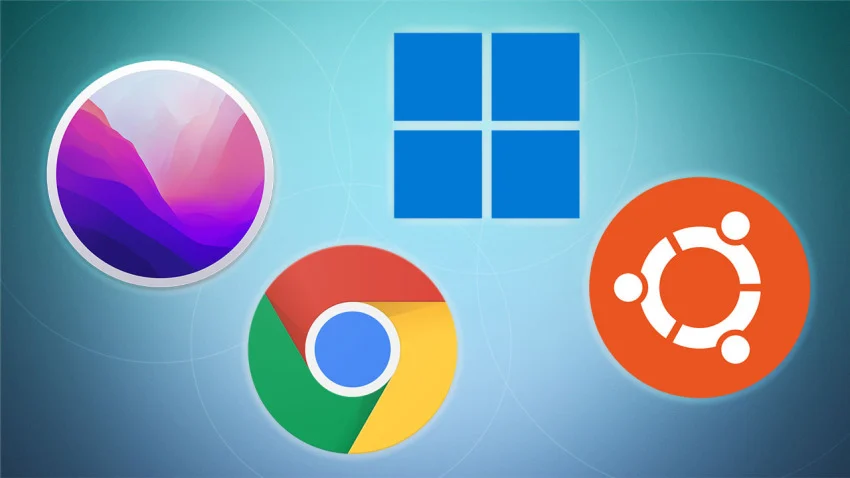
Linux
Exploring the World of Linux: Open Source Power Unleashed
In the realm of operating systems, one name shines as a symbol of open-source innovation, customization, and community collaboration: Linux. Since its inception in the early 1990s by Linus Torvalds, Linux has evolved into a versatile and powerful ecosystem that fuels everything from servers to smartphones. This article delves into the essence of Linux, highlighting its strengths, impact, and the ethos that makes it a favorite among tech enthusiasts and professionals alike.
A Foundation of Open Source: Linux's foundation rests on the principles of open source software. Unlike proprietary systems, where the source code is hidden, Linux's code is openly available for anyone to view, modify, and distribute. This accessibility not only fosters transparency but also empowers individuals and organizations to tailor the system to their specific needs, a characteristic that underpins its widespread adoption.
Customization and Choice: Linux takes the notion of customization to a new level. With a plethora of distributions (distros) available, users can choose an interface and system setup that resonates with their preferences. Whether it's the simplicity of Ubuntu, the cutting-edge nature of Arch Linux, or the security focus of Tails, Linux offers a flavor for every taste. This diversity extends to desktop environments, allowing users to select interfaces ranging from the minimalist i3 to the sleek KDE Plasma.
Stability and Security: Linux's robust architecture has earned it a reputation for stability and security. Its design, influenced by Unix, enforces strict separation of user and system processes, reducing the likelihood of system-wide crashes. The collaborative nature of the Linux community also means that vulnerabilities are discovered and patched quickly. This stability and security make Linux a preferred choice for servers, where uptime and reliability are critical.
A Playground for Developers: Linux serves as a playground for developers to experiment, innovate, and contribute. It provides a rich environment for coding, scripting, and testing software. The availability of development tools, compilers, and libraries makes Linux an ideal platform for software engineers, enabling them to create a wide range of applications, from command-line utilities to complex desktop software.
Server Dominance: Linux's dominance in the server market is undeniable. From powering the servers of tech giants like Google and Amazon to hosting websites and databases worldwide, Linux's efficiency, scalability, and performance make it the backbone of the internet. Technologies like Docker and Kubernetes, built on Linux, have revolutionized containerization and orchestration, further solidifying its role in modern infrastructure.
The Rise of Android: Beyond servers, Linux has left its footprint on the mobile world through Android. Android's kernel is based on the Linux kernel, making it the most widespread operating system on mobile devices. The Linux heritage brings stability, security, and a vast community of developers to the world of smartphones, enhancing the user experience and enabling a rich ecosystem of applications.
A Testament to Collaboration: At the heart of Linux lies a testament to collaboration. Thousands of contributors worldwide dedicate their time and expertise to maintain and improve the codebase. This community-driven approach exemplifies the power of open source, with individuals and corporations uniting to create something greater than the sum of its parts.
In the world of operating systems, Linux stands as a beacon of open source innovation, customization, and collaboration. Its foundation of transparency, choice, and security has sparked a revolution in technology, shaping everything from the smallest devices to the largest data centers. As Linux continues to evolve, its impact on the world of computing remains a story of empowerment, creativity, and the boundless potential of open source software.
Aug. 19, 2023, 2:40 p.m.





